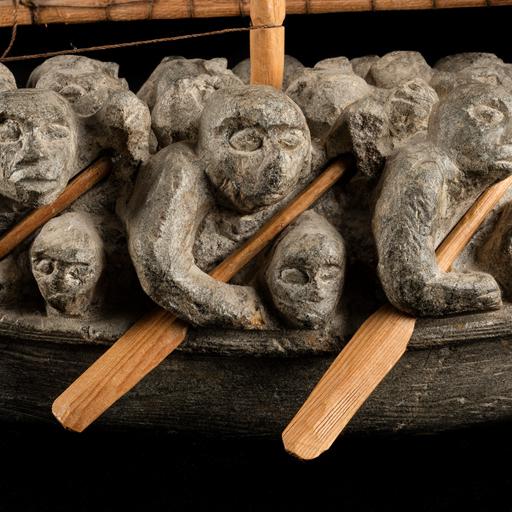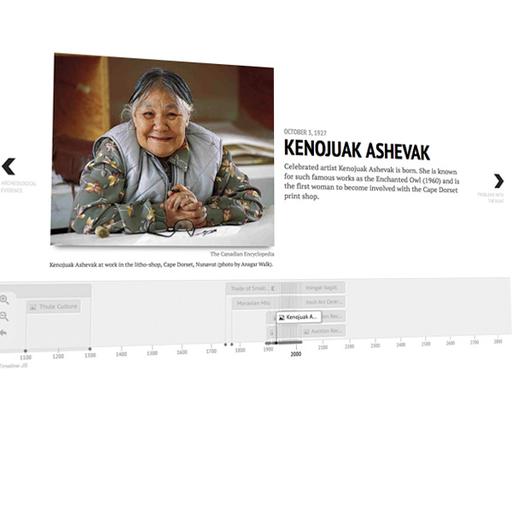'These pieces are part of us': Repatriating belongings and remains stolen from Indigenous peoples
CBC Radio | December 03, 2021
Categories: news
Belongings represent lineage and thousands of years of history, says Haida woman
When Jisgang Nika Collison sat down with the chair of the American Museum of Natural History's committee in 2002 about repatriating some of the Haida First Nations' belongings, she was initially met with ignorance.
"They [were] saying things like 'I don't know why you all had to come here. We could have just sent them home. They're just bones,'" she told The Current's Matt Galloway.
But to Collison and other members of the Haida Repatriation Committee, they weren't just bones. They were the belongings and remains of 48 of their ancestors, stolen from them decades ago and sold to museums and private buyers.
"In the Haida world, the artistic expression contained within these belongings represent lineage and thousands and thousands and thousands of years of history, and incredible geographic events and relationships to our mainland relatives," she said.
"On a personal and spiritual note, these pieces are part of us."

For more than 20 years, Collison and the Haida Repatriation Committee — of which she's the co-chair — have been working to bring home the stolen belongings and remains of their ancestors.
Collison says the remains of more than 500 relatives have been returned to the First Nation in the decades since they first embarked on this mission.
"It's an incredible process, and it takes everyone — community fundraising, grant writing, [and] huge community engagement," she said.


